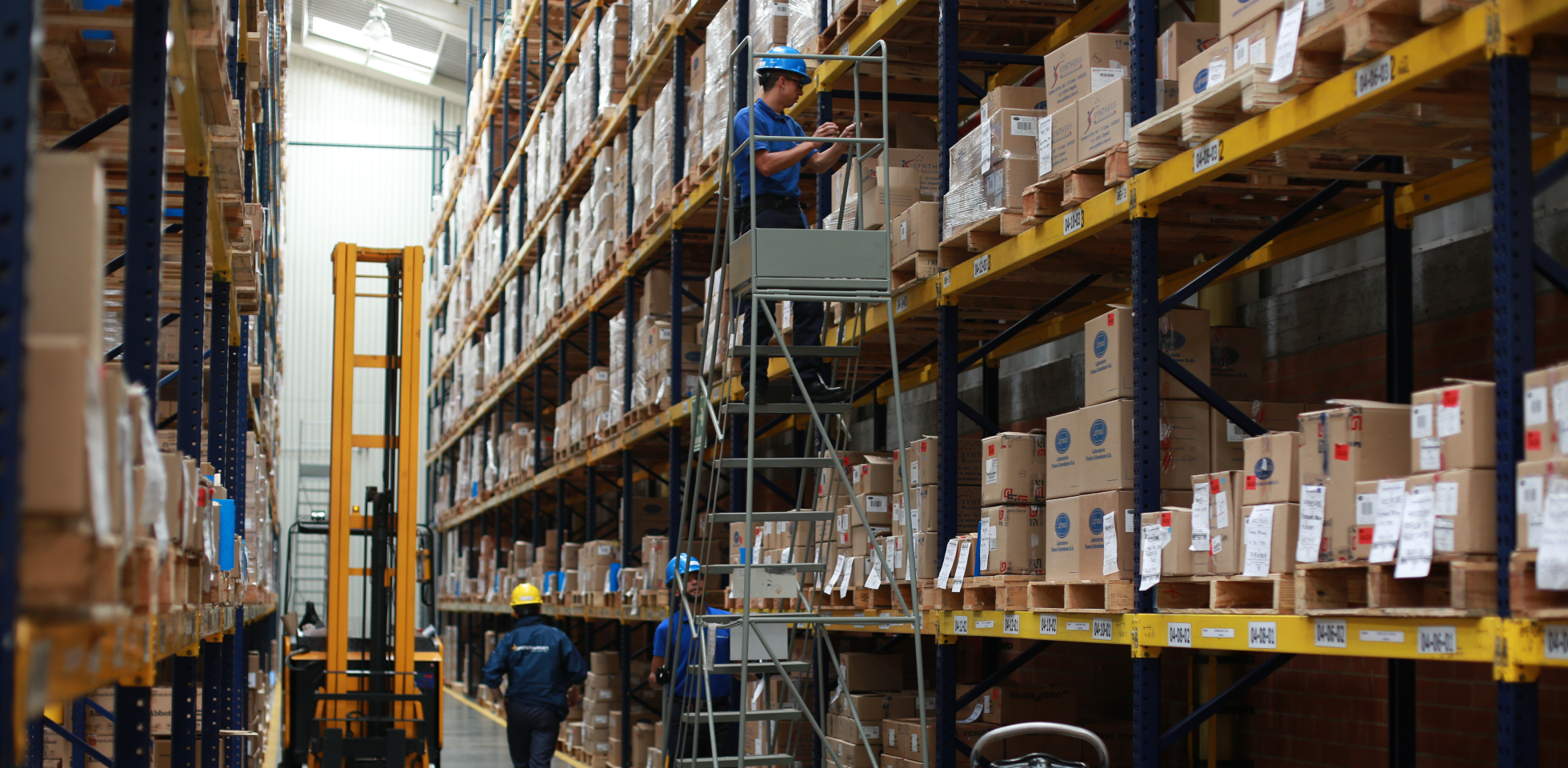There is a major issue setting the tone among supply chain’s current challenges: achieving sustainable logistics.
As is well known, achieving efficiency in the supply chain mainly involves improving customer service and lowering costs. To do this, the distribution and transport activities – which are part of the chain’s last stage – face risks directly related to the speed in deliveries demanded by clients and to the impact of transport on the environment.
Both aspects require a focus on sustainability that considers a logistics system that promotes the optimal design of routes and shorter trips to lower the emissions that pollute the environment. Consumers and companies from all sectors are increasingly developing an environmental awareness that they put into practice in their operations and daily lives, which they also demand from their direct suppliers.
According to the Domestic Inventory of Greenhouse Compounds and Gas Emissions published by Mexico’s Institute of Ecology and Climate Change in 2015, the most relevant gas produced by our country is carbon dioxide, with 71% of the emissions. Even when the average annual growth rate of emissions has decreased in the last years, achieving sustainable practices in logistics is a priority for this sector.
From a logistics perspective, if we pay attention to this fact and start working on this matter will help improve the reputation of this corporate activity among consumers.
What is sustainable logistics?
Sustainable logistics aims to lower the ecological footprint of its tasks, such as CO2 emissions, noise pollution, and accidents. In this sense, logistics suppliers must look for a balance between financial growth, environment care, and the health of society.
During the press conference for his report "Delivering Tomorrow: Towards Sustainable Logistics", Frank Appel, CEO of Deutsche Post DHL, said that sustainability is an essential issue for logistics, especially when it comes to lowering carbon emissions, and must be incorporated to the corporate strategies because “clients all over the world are increasingly demanding more environmental-friendly logistics.”
Thanks to its experience and strategic contribution to supply chains, the logistics industry is playing a major role in these efforts alongside other corporate and society practices that aim to lower carbon emissions.
Sustainable alternatives
The environmental regulations are becoming more and more strict and logistics companies must make their tasks increasingly more sustainable to meet these regulations and improve their social responsibility to consumers.
Some actions we may take:
- Switch to more efficient and environmental-friendly vehicles. Even if using vehicles ill-suited for logistics is restricted by city traffic regulations, measures against this are insufficient. There are less polluting transport alternatives such as electric and hybrid cars, which may be key to tomorrow’s logistics. This means we must invest in fleet renovation, which not all companies can afford. Looking for government initiatives or asking for loans designed to cover this need, seem like good options to kick off our way towards sustainability.
- The first step towards reaching sustainable goals is to have software that helps us balance loads and calculate our carbon footprint. Knowing how much pollution is created by our company’s logistics effort is a first step towards reaching sustainable goals; there is software for calculating the carbon footprint of a fleet, which makes it easier to make decisions while planning transport routes and loads to make them more efficient and sustainable.
- Supporting Green Logistics. Logistics companies may transform systems and processes to design innovative strategies that care for the environment, measuring and minimizing the impact of their activities. The main goal of this philosophy is to improve transport efficiency by lowering expenses and its impact on the environment.
- Choosing renewable energies. As energy sources, wind and solar power have a lesser impact on the environment and decrease fossil fuel and electricity usage. This is a global effort embraced by industries across all sectors that aim to reach sustainability in their operations. Specifically, for the logistics industry, the Fraunhofer Institute for Solar Power Systems in Germany has conducted research they deem viable for installing solar panels on commercial vehicles to lower the use of hydrocarbons, CO2 emissions, and transport costs in general.
- Implementing the 4R strategy: Reduce, Recycle, Reuse, and Recover. For both the manufacturing model and the supply chain, aiming for sustainability is currently an essential challenge to face. This strategy optimizes the use of resources and gets rid of those which aren’t necessary, thus reducing waste, reusing when possible, and recovering to avoid squandering resources. Besides contributing to the improvement of the environment, it also creates savings that increase the profitability of the distribution process.
- Get environmental certifications. Mexico’s Environmental Protection Agency bestows three certifications according to a company’s activities: The Clean Industry Certification, the Environmental Quality Certification, and the Tourist Environmental Quality Certification. Likewise, ISO 14001 Environmental Management System is the world standard that certifies companies for lowering their environmental impact, improving their energy efficiency, and managing and training their staff according to sustainability criteria.
A joint effort towards sustainability
Researcher and academician Miguel Gastón Cedillo Campos, in a paper he coauthored and published by Mexico’s Logistics and Supply Chain Association, mentions four guidelines that set the path to follow for logistics to become more financially and environmentally efficient:
- Collective Intelligence, which is based on a hub that aims to gather the sector’s issues, the proposed and implemented solutions, and the conclusions and results of diverse logistics projects carried out in different regions of the country and across diverse sectors.
- City Logistics, which aims to respond to the demands of e-commerce booming in cities with increasing pollution and traffic jams.
- Professional Interdisciplinarity, which we use to take advantage of the knowledge, competencies, and experience of diverse professions to reach comprehensive solutions that are environmentally and socially aware of the logistics issues.
- New Educational Models, which we use to give in-classroom and practical education to logistics staff to help them face the new paradigms of the supply chain.
The logistics activity as such is gaining financial weight and is now seen as an essential factor for lowering the carbon emissions in the global economy.
Logistics suppliers, therefore, are facing a challenge and, at the same time, an opportunity. For example, the profits of logistics companies with environmental and social responsibility practices are up to 8% higher than those of companies with low sustainability.
If we look at this with an eye on the environment, we should avoid the idea of focusing on finding low cost solutions when we choose a supplier of logistics services. Many leading logistics companies are already accomplishing a meaningful reduction of their carbon emissions by implementing specific actions that save them the need of investing in technological advances while keeping competitive and well positioned in the market.
Solistica follows a sustainable business strategy, offering comprehensive logistics solutions adhering to the strictest corporate standards and laws. At the same time, we are aware of our operation’s environmental impact and aim to implement technologies and procedures that help us decrease our carbon footprint in the communities where we are present.
For further information, please check our Sustainability Report for 2017, you will learn more about our efforts and initiatives to improve the environment.
 *This blog was originally published on June 10 2019 and modified on April 7 2022.
*This blog was originally published on June 10 2019 and modified on April 7 2022.
.jpg)





